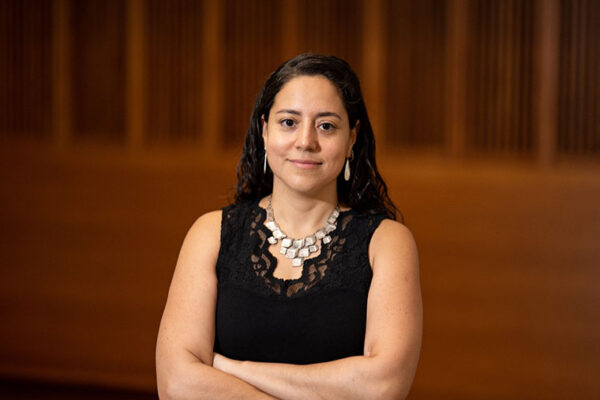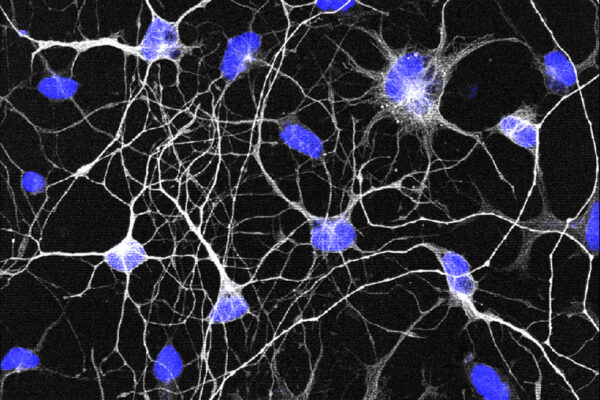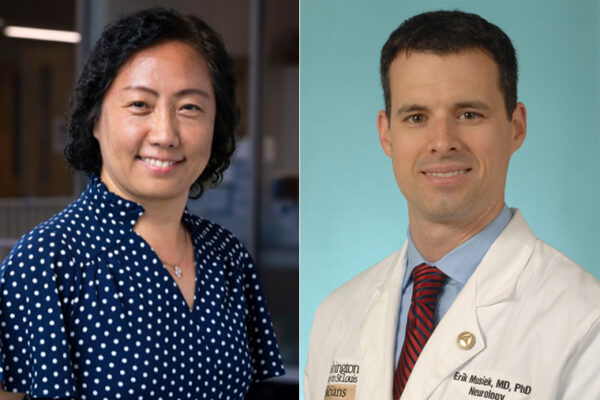Understanding the mechanics of regeneration
Duygu Özpolat, an assistant professor of biology in Arts & Sciences, co-authored a study in Nature Communications about the early steps of regeneration in the annelid worm Platynereis.
Zhang, collaborators win distinguished paper award
Computer engineers at Washington University recently won a distinguished paper award from USENIX, a leader in computing systems research.
Communication within large-scale network system focus of new research model
Xudong Chen, a researcher at the McKelvey School of Engineering, has received a federal grant to develop a framework that would predict how fundamental system properties of large-scale networks behave in uncertain environments.
Yoo receives grant from Hereditary Disease Foundation
Andrew Yoo, a professor of developmental biology at WashU Medicine, has received the 2024 Transformative Research Award, a two-year $1 million grant from the Hereditary Disease Foundation.
Howard receives Changemakers in Family Planning grant
Tyriesa L. Howard, an assistant professor at the Brown School, has received a 2024 Changemakers in Family Planning grant from the Society of Family Planning. The $84,000 grant will support her research project, which examines the impact of the Supreme Court’s Dobbs decision on adolescents and young adults’ autonomy over their bodies.
3D modeling made easier
Tao Ju, a researcher at the McKelvey School of Engineering, will develop algorithms for 3D surface modeling with a grant from the National Science Foundation.
Kamilov receives $20,000 from Google
Ulugbek Kamilov, a computer scientist at Washington University, plans to work on innovative algorithms with $20,000 from Google.
Jin receives NIH grant to study congenital hydrocephalus
Sheng Chih (Peter) Jin, an assistant professor of genetics at WashU Medicine, has received a $3.2 million grant from the National Institute of Neurological Disorders and Stroke of the National Institutes of Health (NIH) to study the genetic and molecular underpinnings of congenital hydrocephalus.
Zhao, Musiek receive NIH grant to study neurodegenerative diseases
Guoyan Zhao, PhD, and Erik Musiek, MD, PhD, both at WashU Medicine, have received a $433,000 grant from the National Institute on Aging of the National Institutes of Health (NIH) to study brain cells called astrocytes and their roles in neurodegenerative diseases, including Alzheimer’s and Parkinson’s.
Optimizing labor induction focus of WashU Medicine grant
Nandini Raghuraman, MD, and Antonina Frolova, MD, PhD, at WashU Medicine, have received a $2.7 million grant from the National Institute of Child Health and Human Development of the National Institutes of Health (NIH) to study contractions during labor induction.
View More Stories









